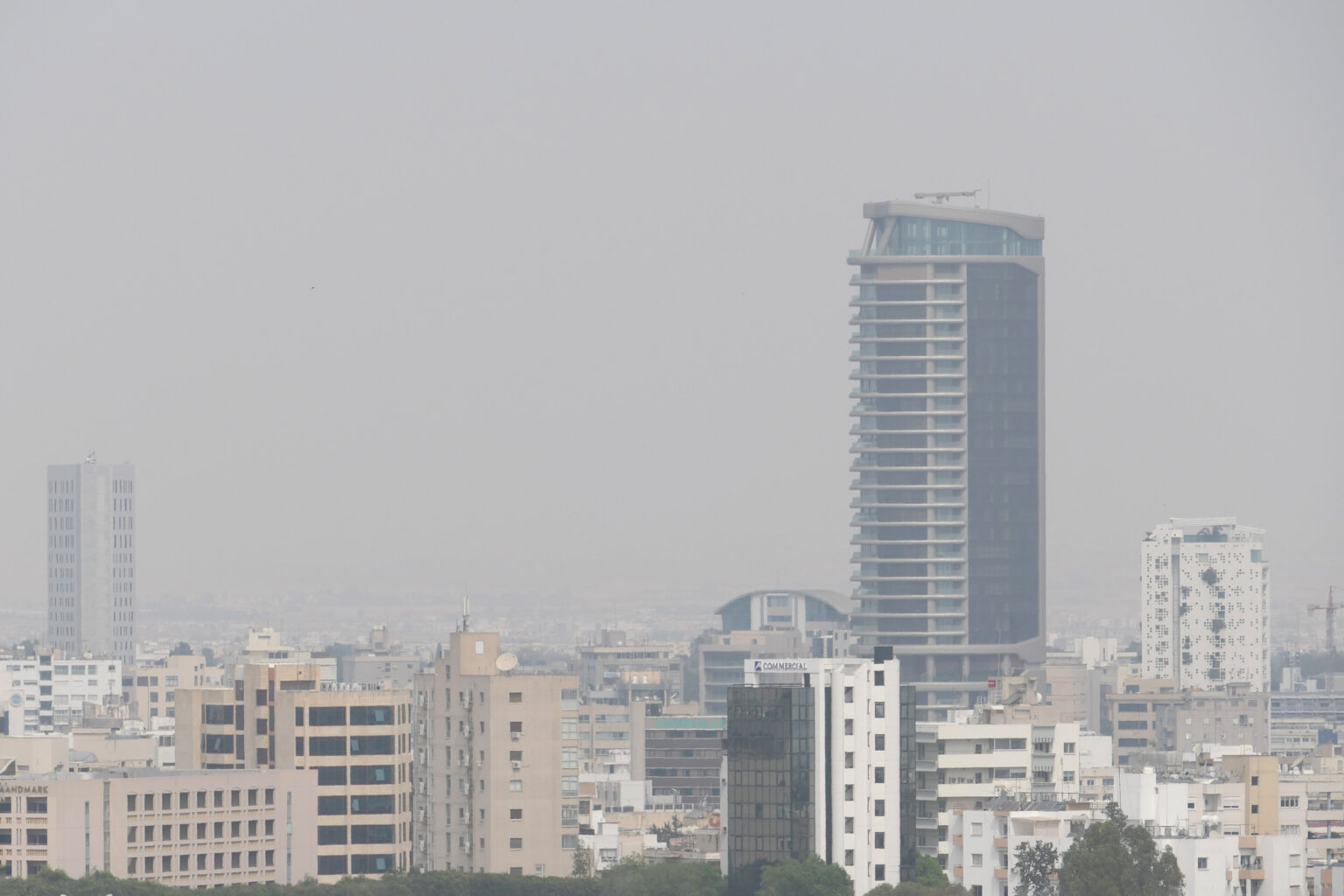04.07.2022
The desire of Cyprus to attract high-tech companies, combined with the increased interest of firms to relocate from geopolitically unstable regions, is expected to increase the demand for real estate.
According to the Central Bank of Cyprus Residential Property Price Index (RPPI) report for Q1 2022, the war in Ukraine could create demand in the property market from businesses and investors from Russia and Ukraine who are looking for an alternative headquarters.
It is noted that investors will choose Cyprus due to the favorable investment climate and tax incentives.
“ New tax incentive schemes promoted by the state in the context of persuading international companies to relocate their headquarters… are helping to attract foreign professionals and their families to Cyprus, further boosting the demand for luxury homes to buy and rent,” the CBC said in a statement.
Demand for office space is expected to rise , while companies relocating to Cyprus will attract executives in need of long-term residency.
As for housing prices, the Central Bank reports that domestic demand continues to support growth.
However, growing demand from foreign investors and rising construction costs are also becoming regulatory factors.
Sales documents in the first quarter of 2022 recorded a 51.6% increase, reaching 3009 compared to 1985 in the same period last year, according to the Land Registry.
In the first quarter, demand from domestic buyers increased by 23.8% compared to the same period last year (1732 from 1399), while demand from foreign investors increased by 117.9% (1277 from 586).
“Ongoing geopolitical tensions could lead to a delay in investment plans and foreign direct investment, which will reduce the supply of housing in the medium term,” the CBC said in a statement.
The central bank notes that in the event of prolonged inflationary pressure, there could be a shift to safer investments such as real estate, with households looking to preserve their wealth.
“The real estate sector is expected to continue to face challenges.
“The instability and heightened uncertainty of the last two years as a result of the pandemic, the disruption of international supply chains and the increase in construction costs, as well as the consequences of the war, are expected to negatively affect the course of construction activity, while rising property prices.
“A gradual increase in foreign and domestic investment , the launch and acceleration of important infrastructure projects, and the dynamics of tourism can support demand.”
House prices
Meanwhile, the CBC House Price Index (HPI) (houses and apartments) continued to rise during the first quarter, recording a quarterly increase of 1.1% from 1.3% in the fourth quarter of 2021.
On an annualized basis, the index increased by 3.2% compared to 2.6% in the previous year.
The rise in prices is associated with the purchase of apartments.
Housing prices rose 1.5% year-on-year and 0.7% quarterly, while apartment prices rose 6.8% year-on-year and 1.7% quarterly.
Apartment prices continued to rise in all areas, reflecting the trend of domestic buyers and investors to purchase apartments rather than houses.
















